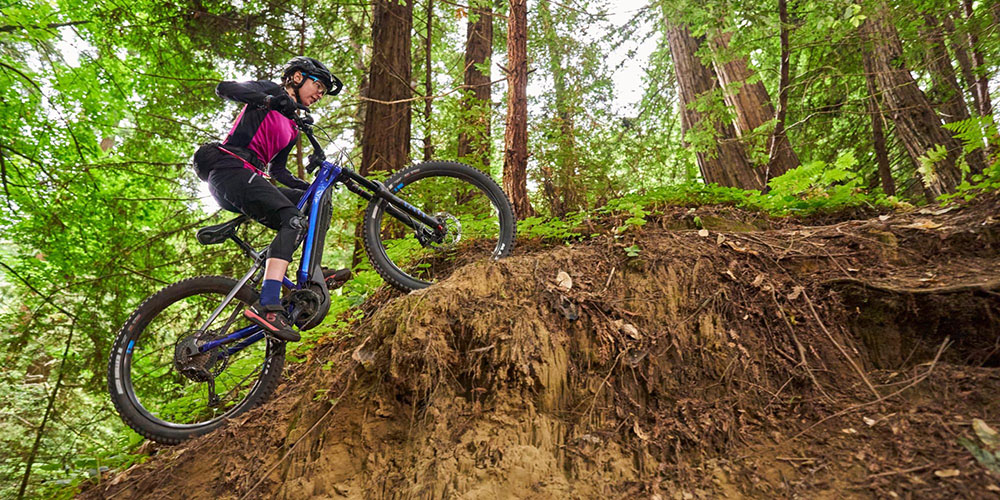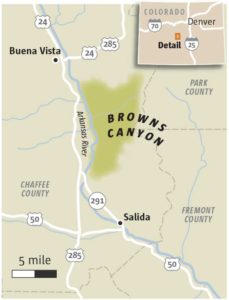by Jason Blevins —
As federal land managers consider opening trails to electric bicycles, conversations about new opportunities for access to public lands mixes with concerns about impacts to wildlife and traditional non-motorized travelers.
Their bikes — made by internationally dominant brands Specialized and Giant — look like high-end mountain bikes. Except the bikes pedaled by Dimitri Moursellas and his wife, Audre Engleman, take them to places they never could go on traditional bikes.
With electric power that kicks in when they pedal, the pair of Vail septuagenarians every week venture up lonely trails that wind above treeline, like Resolution Creek Road above Camp Hale or Middle Creek Road up to Eiseman Hut.
“With the e-bikes, we get all the way up and it is work. It is not like we are just sitting there. We sweat,” Moursellas said. “We get up high and have delightful views and really enjoy ourselves. It gives us such a feeling of accomplishment and fun. And we thought we would never get that feeling again on our old bikes.”
In August 2019, Interior Secretary David Bernhardt celebrated the promise of e-bikes with a secretarial order that said electric-powered bikes shall be allowed everywhere traditional bikes are allowed. The order gave land managers 30 days to craft new rules for opening trails to e-bikes.
The order riled wilderness advocates and mountain bike groups that have long looked askance at the electric-powered bikes.

